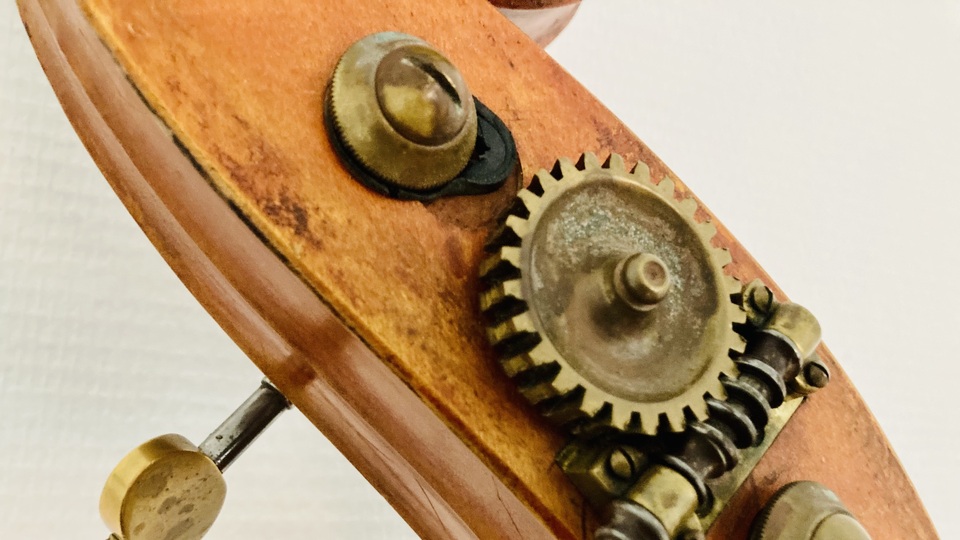Frederick Matthias Alexander, the man behind the Alexander Technique said:
“When you stop doing the wrong thing the right thing does itself.”
At first the whole sentence used to put me off. I have spend a lot of energy becoming more non judgmental, getting away from thinking in terms of ‘right and wrong’ and here it is; the man I admire for his technique using the words I'd like to banish from my vocabulary all together.
Now, after nearly four years of training to become a teacher in the Alexander Technique, I have started giving lessons myself and notice that the people coming to me all want to be good and perform well in the things I ask them to do. Let's face it, don't we all at the core want to be right and do well? Often we are willing to work hard to be good and to become even better. However it is easily noticeable that as long as my student is trying to do ‘the right thing’ then his or her body and mind are not very receptive to the Alexander work I am giving. I like to find a gentle way to help them stop trying so hard to be right. Another of F.M. Alexander's famous quotes comes in to my mind.
“Stop trying but never give up.”
Alexander Technique (AT) is well known amongst artists. I am a musician myself and have a lot of musicians coming to me for AT lessons. Before even starting the lessons they can often already have the idea that the Alexander Technique is about right posture. Maybe that is why they try holding themselves up a little, to not appear collapsed and poorly poised. Again I can use F.M's words to tell them:
“There is no such thing as a right position, but there is such a thing as a right direction.”
So, there is no need to hold oneself up or do whatever is one’s perception of the Alexander Technique, neither to do their interpretation of what they think I am after. We cannot do ‘the right thing’, ‘the right thing’ happens when we stop doing the wrong thing. There is no right position, but there is such a thing as a right direction. A direction again is something we cannot do, but that we can think of.
The Alexander Technique is not about posture, but is strongly based around a certain head, neck and back relationship that F.M. Alexander called the “primary control”. This primary control is a reflex mechanism working in all creatures with a head and spine. We cannot directly control it's functioning, but we can affect it by thought, thinking about directions and by releasing muscular tension that prevents it from working properly.
Gradually my student is calming down, coming into the present moment and their breathing changing. The body is relaxing and there is a possibility opening for a conversation. I am using my hands as well as words to give and receive the information. During the lesson I will be working with my student lying down, sitting, standing, walking, moving... Every teacher has their own preferences and mine are still forming, with individual students showing me the way and what is needed. From outside the Alexander Technique may look rather physical, however as F.M. Alexander said:
“You think Alexander Technique is physical; I tell you that it is the most mental thing that has been discovered.”
My student is now managing the stopping in trying to do ‘the right thing’. However they might still be wondering what is ‘the right thing’ that will happen? This question could lead to very deep philosophical discussions and the Alexander Technique definitely has this potential. I'd like to leave it open and suggest that maybe we can just trust that ‘the right thing’ does happen when we stop doing the wrong thing?
So, what is the wrong thing that one needs to stop? It would be impossible to name them all, there are many ranging from excessive muscle tension through to harmful habits. Actually it isn't always necessary to know what the wrong thing is either, but when we become aware and learn to stop doing...‘the right thing’ does itself.
In my opinion the thing that makes the Alexander Technique special is that it is a way of learning and unlearning, involving the body and mind together in a psychophysical way.
Maria Vahervuo, March 2011







